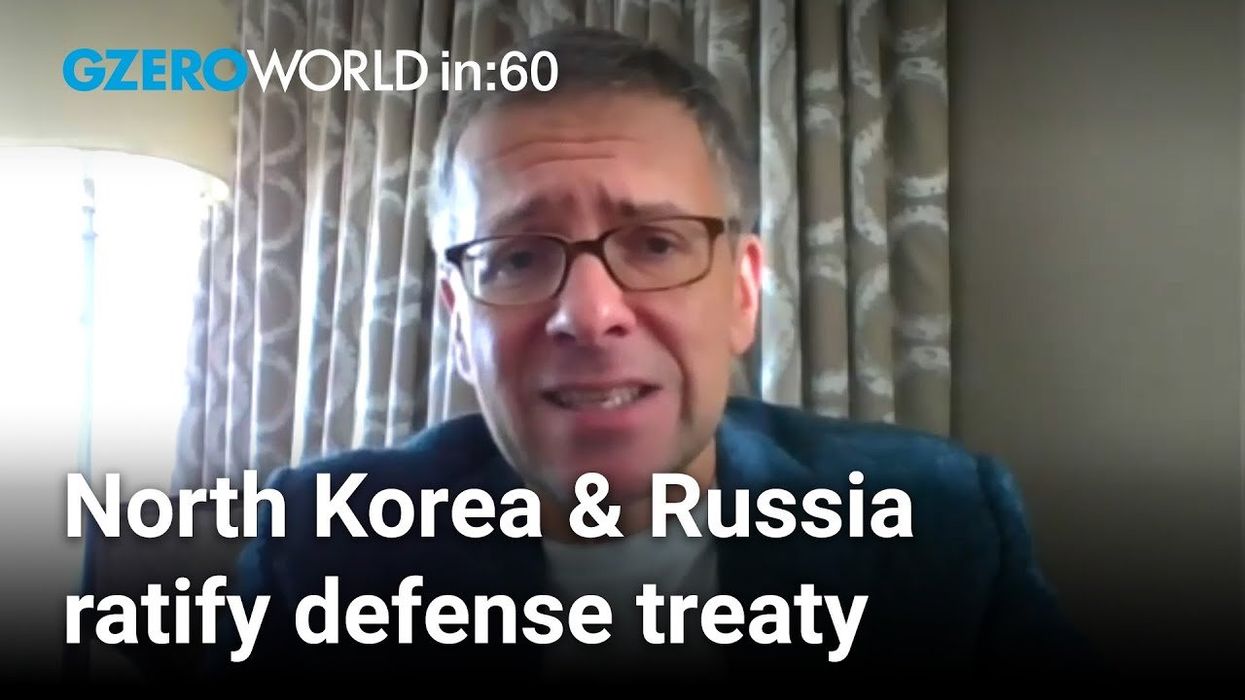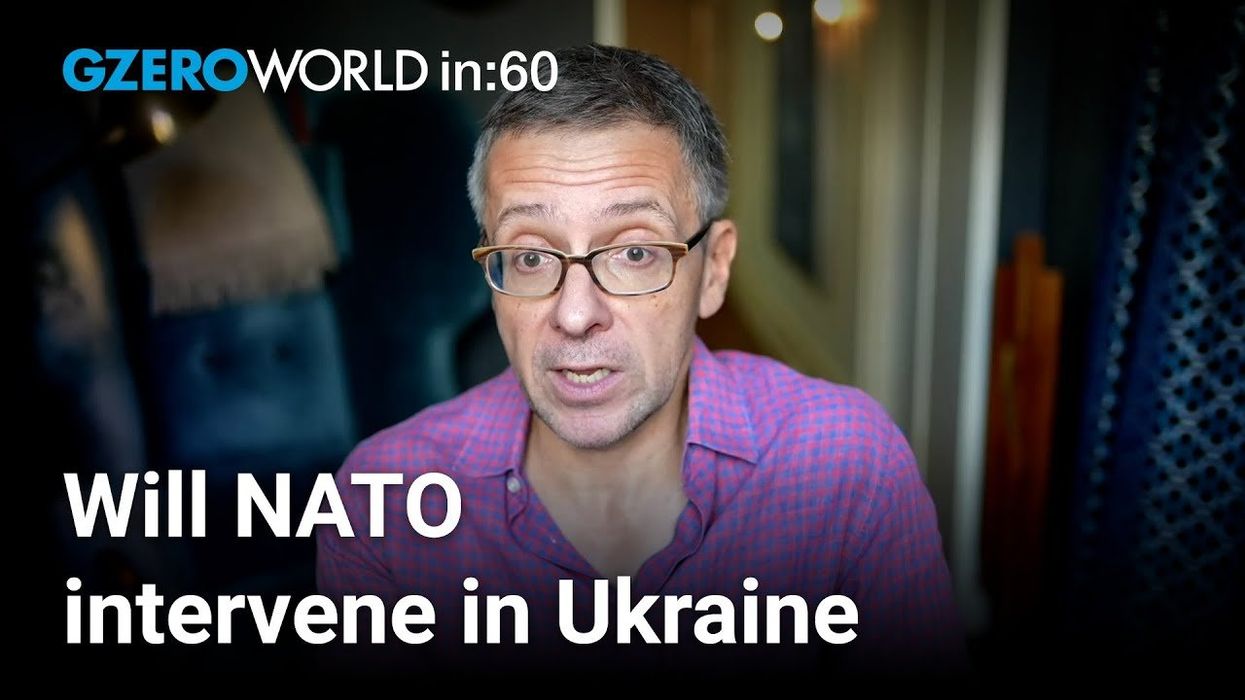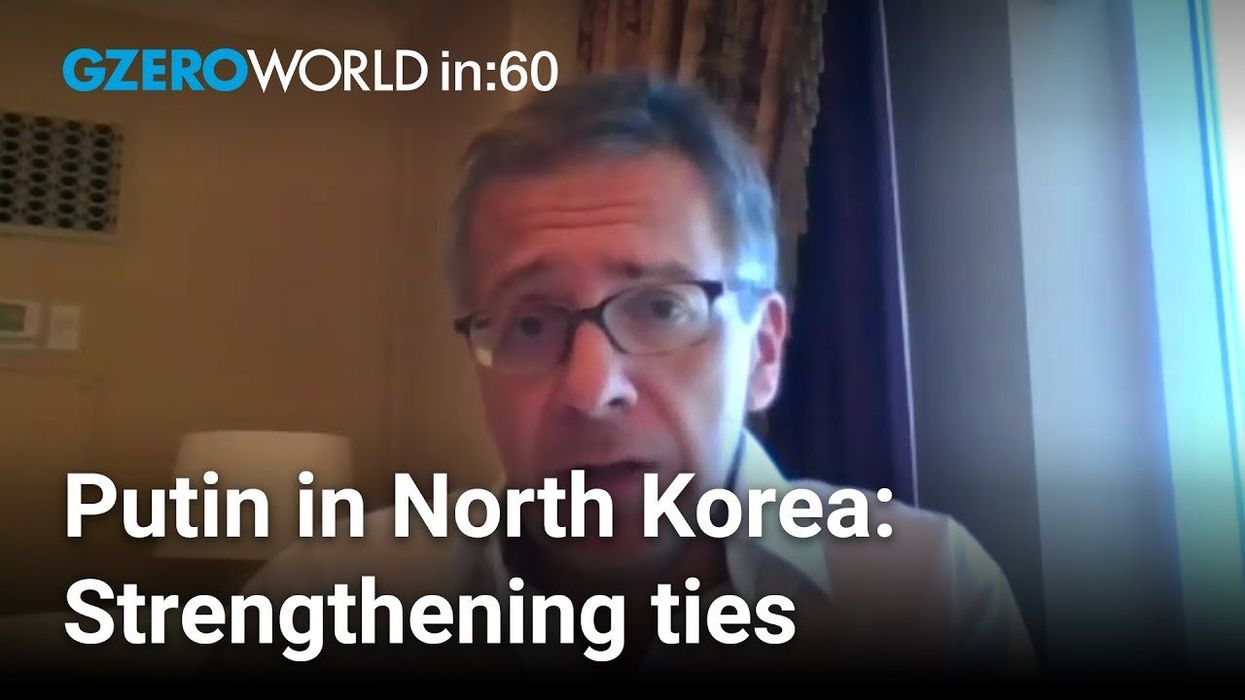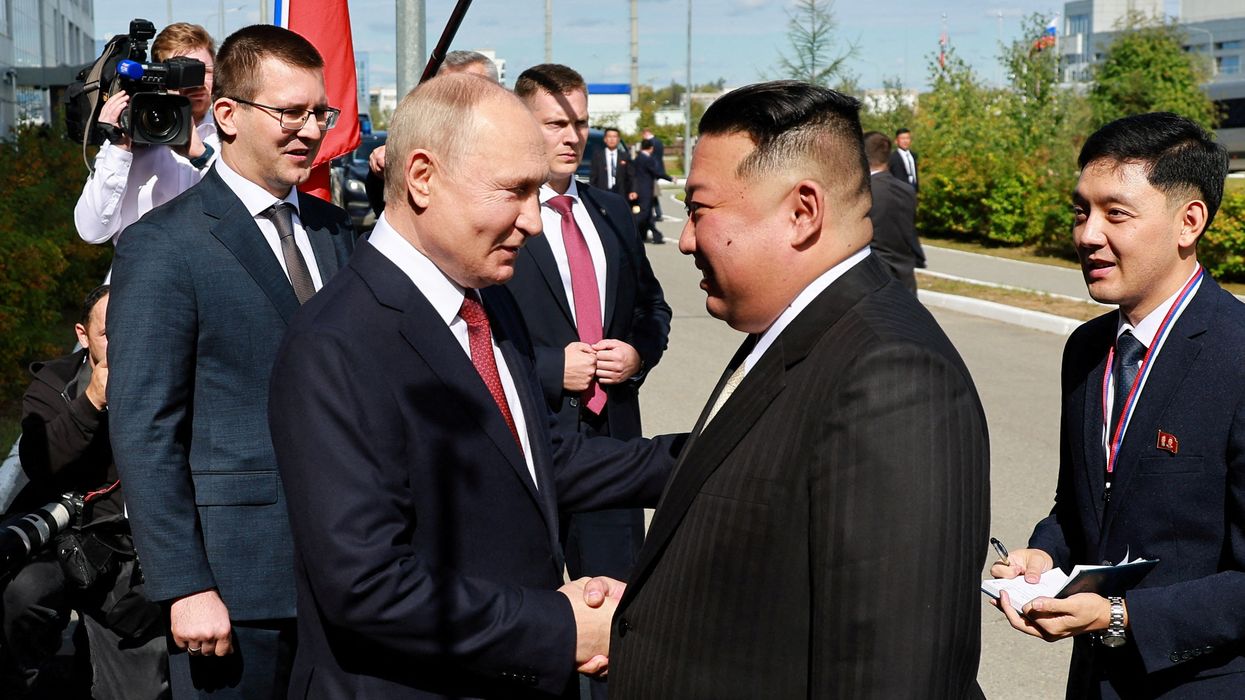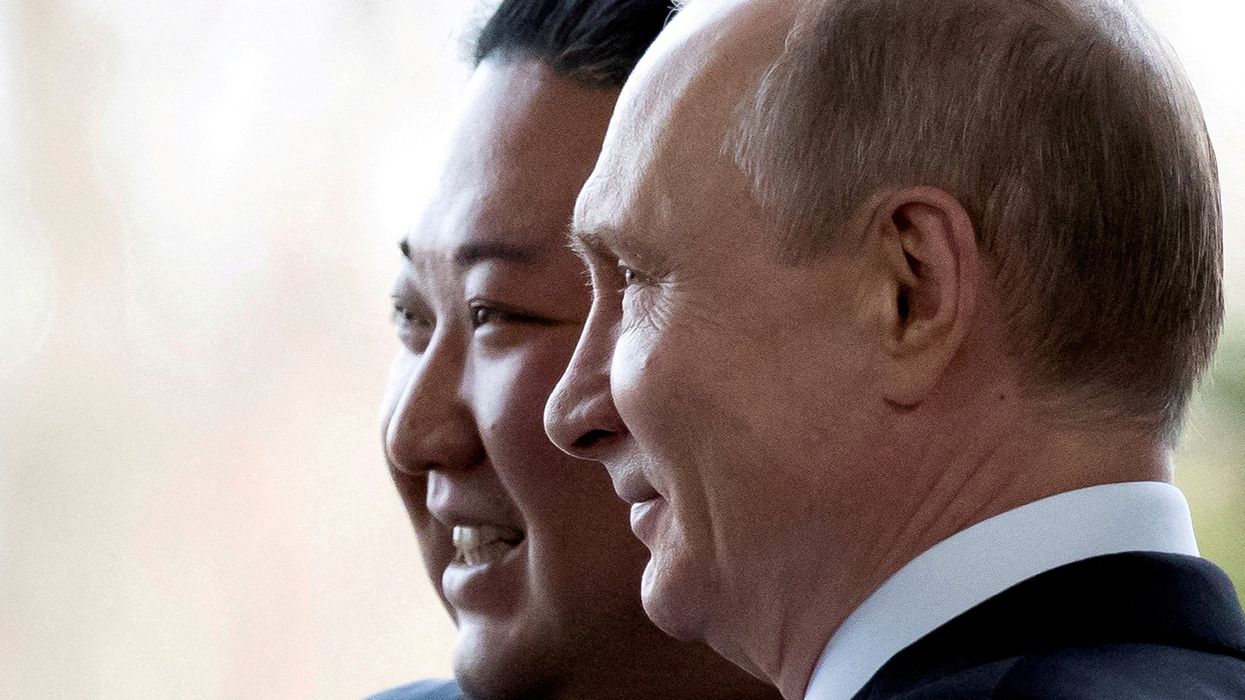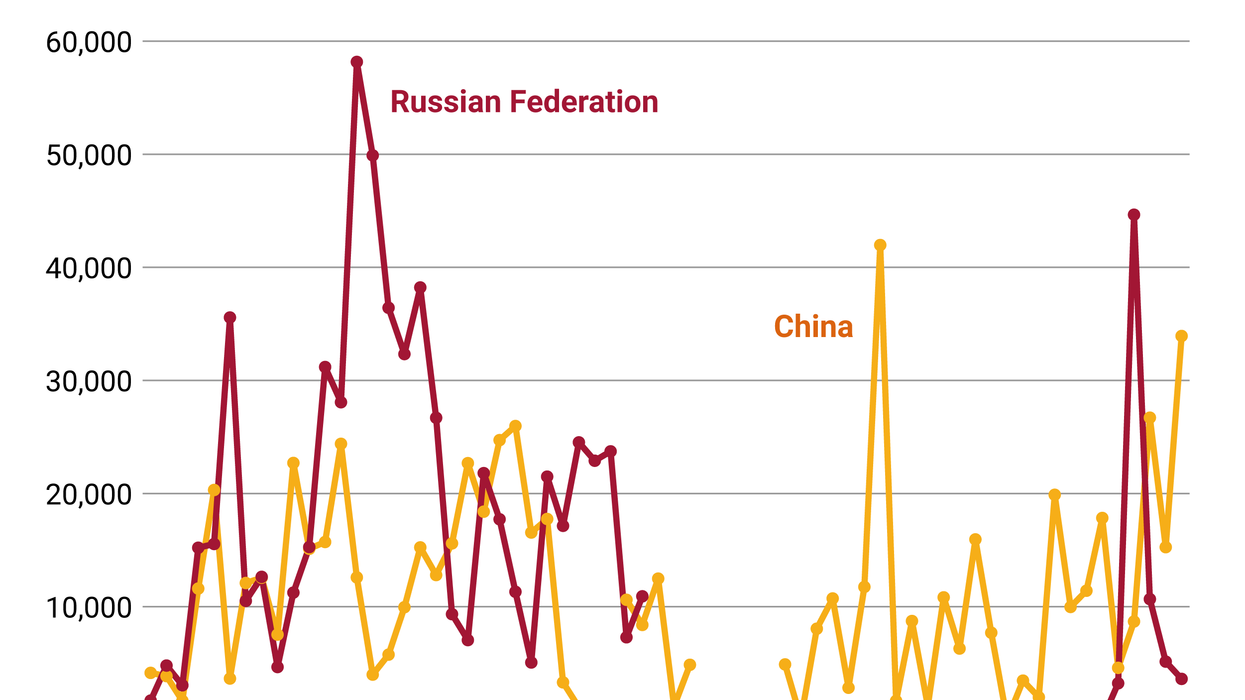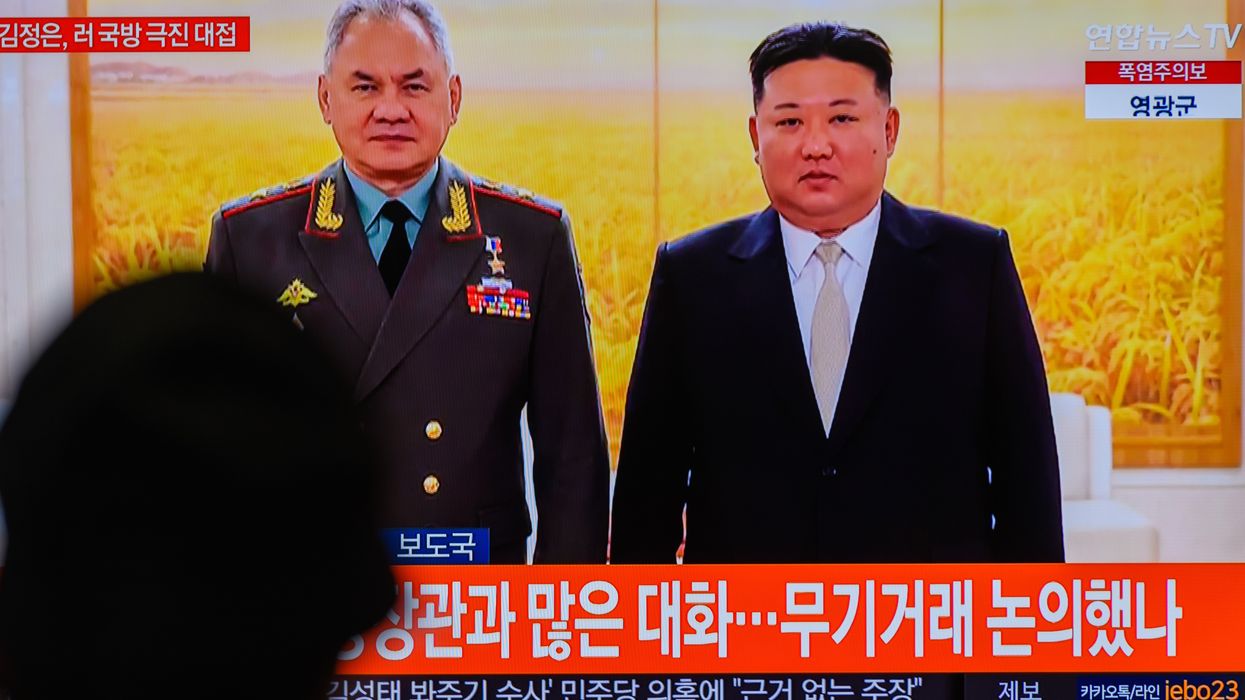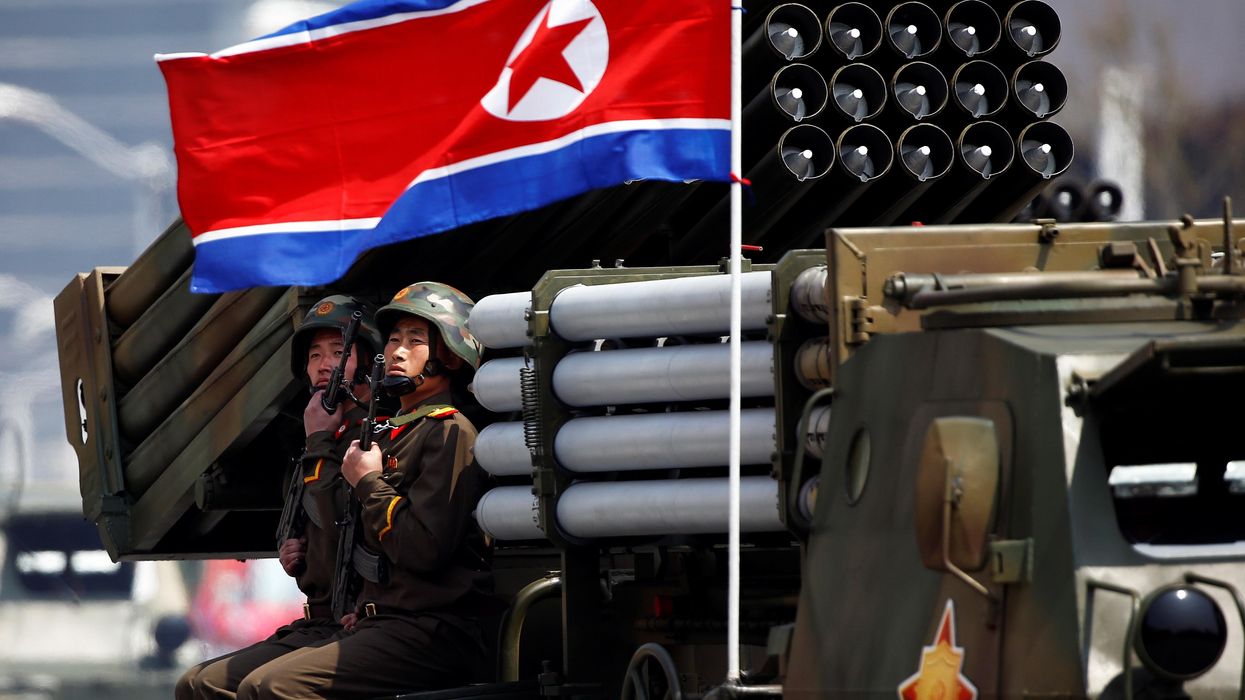ask ian
What Russia and North Korea gain from defense treaty
North Korea ratified a major defense treaty with Russia. What do both sides hope to gain? Japan's PM survived a rare parliamentary vote. How will he tackle the country's sluggish economy? What do I expect to come from COP29, the new climate summit happening in Baku? Ian Bremmer shares his insights on global politics this week on World In :60.
Nov 13, 2024
